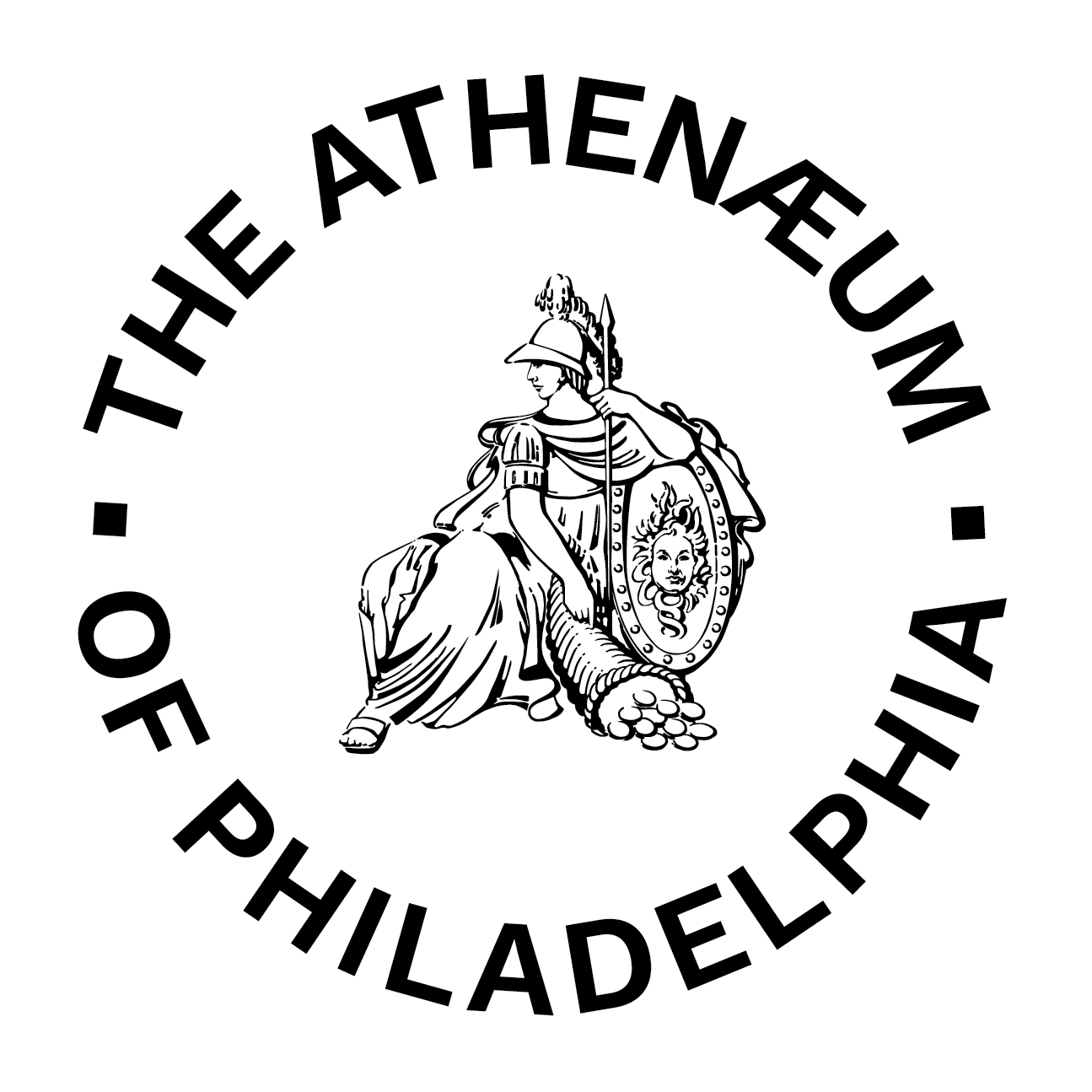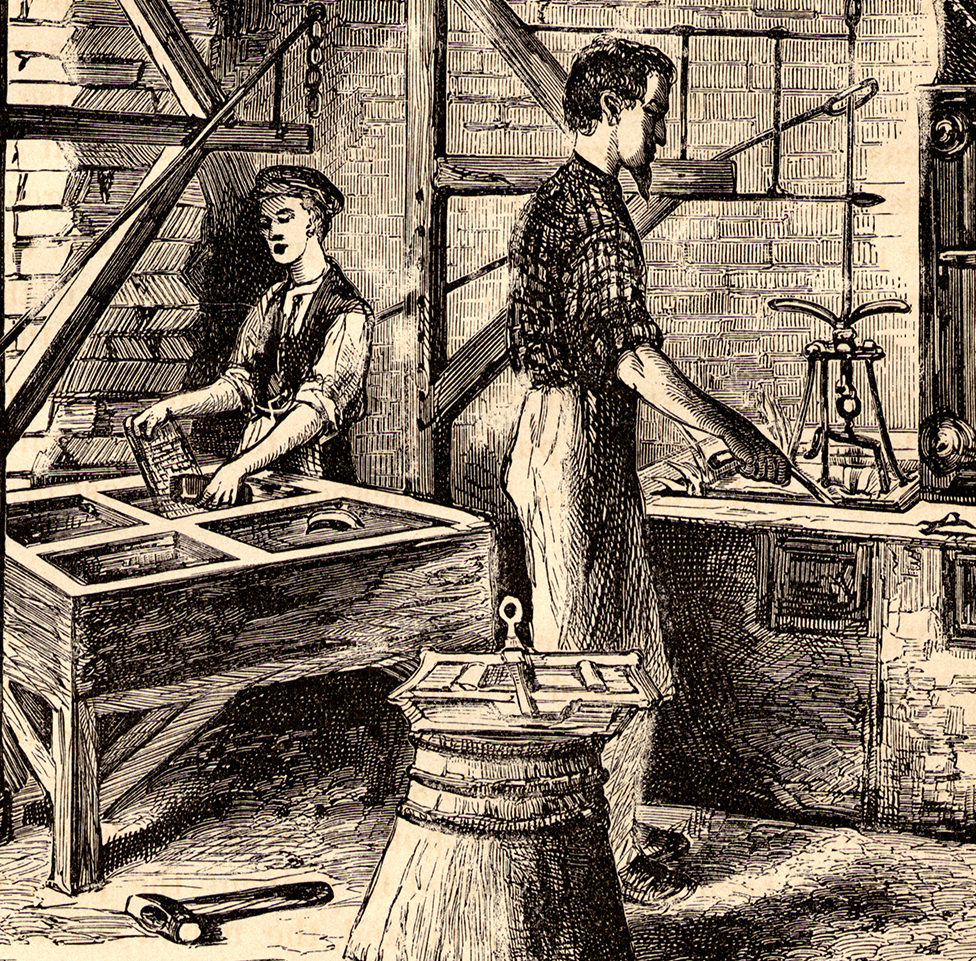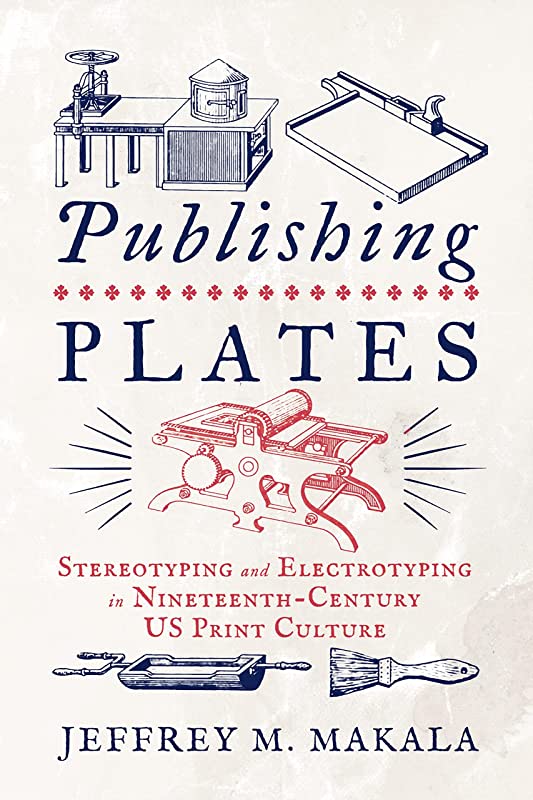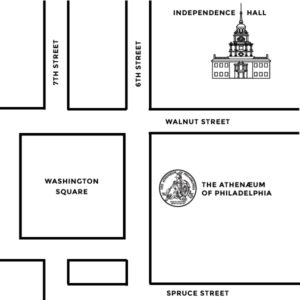Tuesday, April 11 at 12:00 PM
Philadelphia’s Mathew Carey was one of the largest and most well-capitalized publishers in the early Republic. His Family Bibles, printed from standing type, were available in a wide variety of variants and price points and were widely distributed across the country. With the coming of stereotyping and competing publishers bringing out their own Family Bibles from multiple sets of stereotype plates, Carey’s business model was immediately challenged. This talk will trace the early history of stereotype casting and printing in the United States in the 1810s and tell part of the story of how Mathew Carey attempted to stave off challenges to his business posed by the introduction of new printing technologies into the US publishing industry in the early 19th century.
Jeffrey Makala is Associate Director for Special Collections and University Archivist at Furman University in Greenville, South Carolina. He has degrees from Colgate, the University of Illinois, Trinity College, and a Ph.D. in English from the University of South Carolina. He has written on nineteenth-century American literature and book history in the Papers of the Bibliographical Society of America, Literature & History, Printing History, and The Oxford Companion to the Book. He is the co-editor of Archive: South Carolina Poetry Since 2005 (Ninety-Six Press, 2018); coedited the first comprehensive anthology of American literature about dogs: In Dogs We Trust: An Anthology of American Dog Literature (University of South Carolina Press, 2019); and his book Publishing Plates: Stereotyping and Electrotyping in Nineteenth Century US Print Culture will be published by Penn State University Press in November 2022. Over the past 20 years, he has worked in libraries at the University of Illinois, Wesleyan University, and the University of South Carolina. He is the owner/proprietor of Two Terriers Press, an experimental fine press in Greenville, South Carolina.
This is a virtual event.



